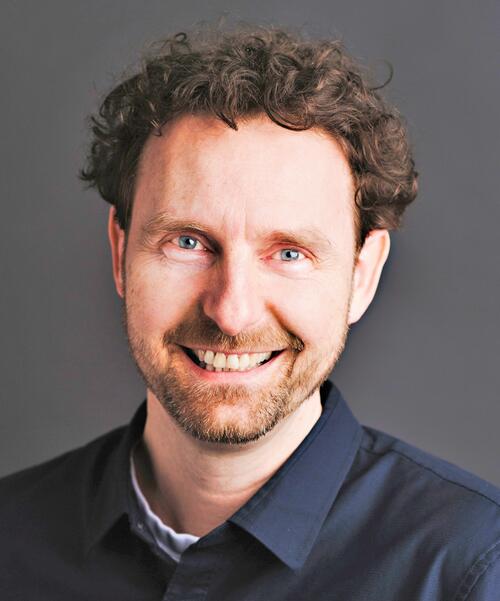
A professor in the Department of Applied Mathematics, along with one of his graduate students and a colleague from MIT, have made a breakthrough on research related to the Unruh effect.
Achim Kempf, a professor of applied mathematics and member of the Institute for Quantum Computing at Waterloo, and Barbara Šoda, a PhD student in physics, recently published a paper in the top-tiered journal Physical Review Letters.
The paper, “Acceleration-induced effects in stimulated light-matter interactions,” shows new possibilities to conduct lab experiments on physics that was previously only understood in theory.
The research team found an innovative way to experiment on the Unruh effect through a novel use of high-intensity lasers. They discovered that shining a high-intensity laser on an accelerated particle can amplify the Unruh effect so much that it actually becomes measurable.
In an unexpected twist, the team also discovered that by delicately balancing acceleration and deceleration, one should even be able to make accelerated matter transparent.
The ability to experiment on the Unruh effect as well as on the new phenomenon of acceleration-induced transparency provide a big boost for physicists, who have long been searching for ways to unify Einstein’s theory of general relativity with quantum mechanics.
Read more in the feature article on Waterloo News.